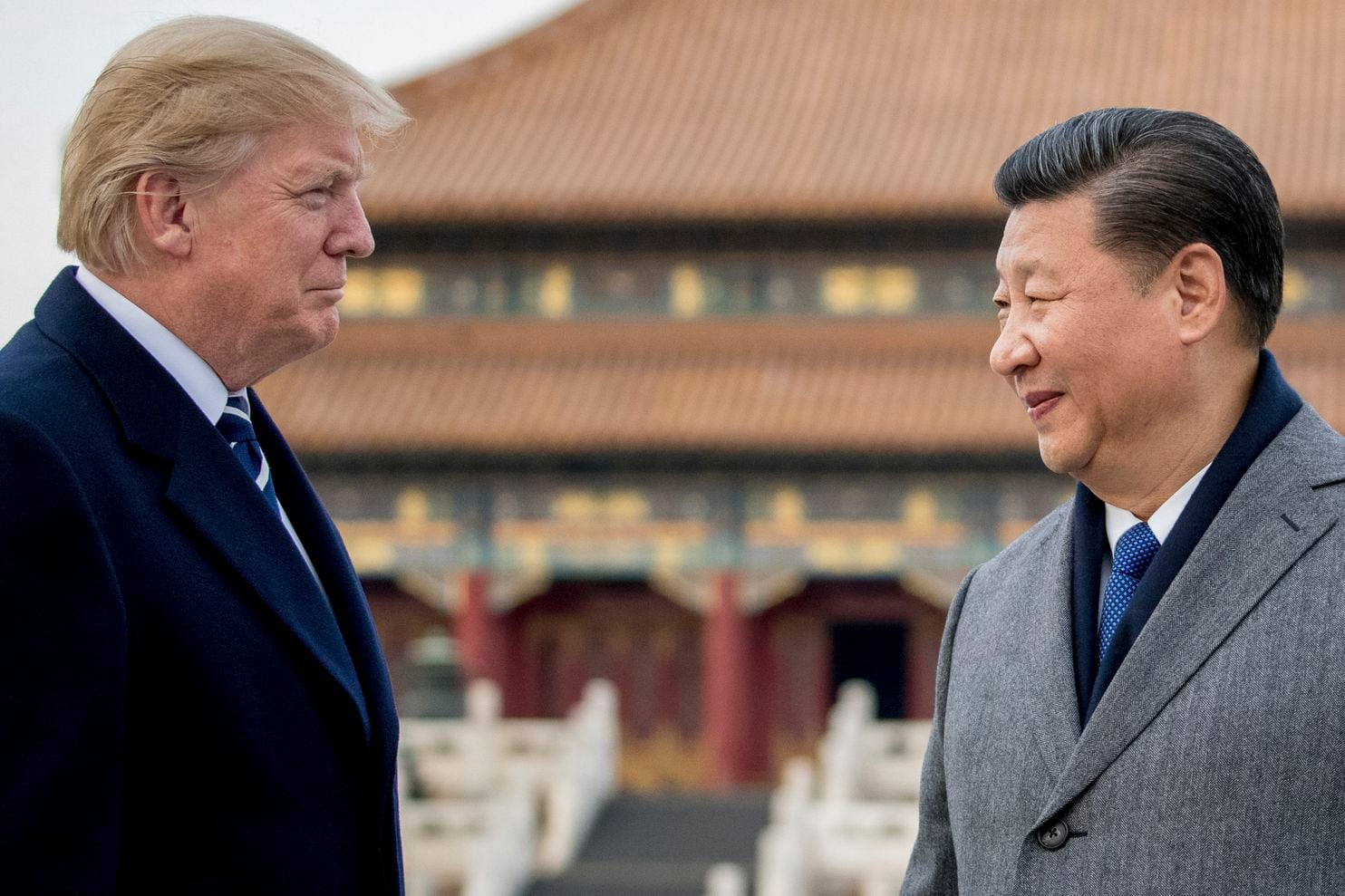
23 May The U.S. shouldn’t take China at its word on fentanyl
The Chinese government has promised the Trump administration it will stop the massive amounts of illegal drugs such as fentanyl flowing from China into the United States. But Congress doesn’t want to take Beijing’s word for it, and for good reason. When protecting the health of Americans, China should not be given benefit of the doubt.
President Trump often touts Chinese President Xi Jinping’s promise to crack down on Chinese producers and exporters of fentanyl. At a drug abuse summit in Atlanta last month, Trump said “almost all fentanyl comes from China” and, as part of ongoing trade negotiations, Xi had promised to change Chinese law to make fentanyl production and distribution “the highest level of crime.”
“And, in China, unlike in our country, the highest level of crime is very, very high,” Trump said. “It’s the ultimate. You pay the ultimate price.”
Xi made the promise to Trump in December. On April 1, the Chinese government announced that all forms of fentanyl would be designated as controlled substances, closing a huge loophole in Chinese law. That’s almost three years after China first promised the Obama administration it would cooperate on “enhanced measures” to combat fentanyl.
Congress isn’t satisfied with Beijing’s promises and legal changes. Members of the House and Senate from both parties have joined forces to push new legislation to sanction the foreign companies that make the drugs and send them to the United States, where they kill Americans.
“When it comes to anything with China right now, I refuse to trust without verifying, period,” said Rep. Max Rose (D-N.Y.), the lead House sponsor of the Fentanyl Sanctions Act, introduced this month. “It appears that in this matter, China will only respond to harsh action. And in my mind, there’s no harsher yet responsible action we can take than sanctions on the entities producing this fentanyl and sending it us.”
So far, there are few positive signs that China will live up to its commitments. Beijing has broken almost every agreement it has ever made with the United States, on everything from cyberespionage, to intellectual property, to the militarization of the South China Sea.
It’s not encouraging that Liu Yuejin, the vice commissioner of China’s National Narcotics Control Commission, recently said that trafficking from China was “extremely limited” and that the United States is the “main cause of the problem.” Rose said China’s claims to be doing all it can don’t pass the laugh test.
“China has the facial recognition technology to identify every person in every major city. They control the Internet. You are telling me they can’t figure this out?” he said. “This is a key case in point where they just don’t care enough. With this bill, we will make them care.”
The legislation identifies China as the world’s largest producer of fentanyl and its precursors, which are either shipped or mailed into the United States or funneled through Mexico, where it is mixed into heroin. The bill would direct the U.S. government to publicly report on the Chinese government’s enforcement.
The bill would also authorize $600 million for U.S. law enforcement and intelligence agencies to identify foreign drug producers and traffickers, and go after their financial assets in variety of ways. Major Chinese pharmaceutical companies could be affected.
The Senate’s version of the legislation, introduced in April, is led by Minority Leader Charles E. Schumer (D-N.Y.) and Sen. Tom Cotton (R-Ark.).
“China is the world’s largest drug dealer. For years, the Chinese government has allowed fentanyl and other synthetic opioids to pour into the United States, killing tens of thousands of Americans,” Cotton said in a statement. “Although China has fulfilled a promise to the president by formally banning all forms of fentanyl, we have to make sure they keep their word.”
Schumer said he had spoken to the president about this issue and thinks there’s a “very good chance” the bill will be passed by both houses of Congress and signed into law. A White House official told me, “We welcome China’s commitment to control all forms of fentanyl, and we look forward to China fulfilling its pledge.”
We’ve learned the hard way that, in the 21st century, homeland security begins abroad. The same goes for public health. The invasion of Chinese fentanyl affects Democrats and Republicans, urban and rural areas, causing the death of tens of thousands of Americans each year.
The world has taught Beijing that faking self-accountability while contesting criticism is a safe strategy. But this is not an issue we can ignore. The Trump administration and Congress must come together to compel China and its companies to play by the rules — or face real consequences.
Read more:
The Post’s View: China promised to ban a range of opioids. The U.S. should hold Beijing to it.
Robert Gebelhoff: The opioid epidemic is no mistake. It is the result of complicity and greed.
[ad_2]
Source link





No Comments